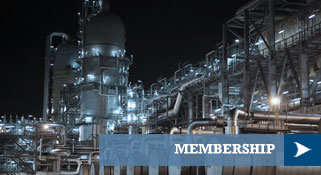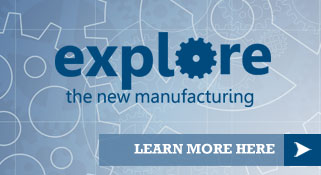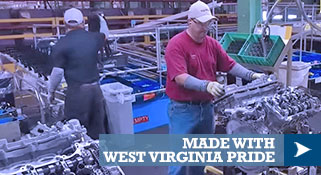- Details
West Virginia is on a clear path to recovery from the COVID-19 pandemic. One especially promising milestone is the news that more than 680,000 West Virginians have received at least one dose of the COVID-19 vaccines. And legislators in Charleston wisely considered tax reforms that will make it easier for businesses to grow and invest, translating into long-term job creation that helps everyone emerge stronger in the next, post-pandemic world.
But members of Congress seem poised to go in a different direction — a direction that would slow our recovery.
- Details
Utilities and some others are trying to change the way that they get paid for the electricity they sell to the customer, and not in a way that works to the customer’s benefit.
Electric utilities have asked the Legislature for “expedited cost recovery,” which is a fancy way of saying they want guaranteed cost recovery for investments they make before consumers get the benefit.
- Details
The 2021 legislative session is racing toward its conclusion, and taxes have been high on the mind of Gov. Jim Justice and the West Virginia Legislature. At the West Virginia Manufacturers Association, our attention is on a tax resolution that would put voters in charge of how the state taxes property, machinery and equipment.
Currently, the state Constitution prevents legislators elected by West Virginia voters from adjusting the inventory tax to reflect state and local economic conditions.
- Details
The WVMA and its members oppose HB 2959 and similar bills that legislate accelerated surcharge ratemaking to the economic harm of manufacturing and consumers of electricity. Specifically:
- HB 2959 is unnecessary as the utilities can meet their environmental compliance obligations as they always have—making the investments and seeking cost recovery in a full Base Rate case; they have never been denied environmental compliance cost recovery via traditional regulation as far as we are aware.
- HB 2959 and other bills legislating surcharge cost recovery accelerate rate increases for manufacturing and industrial ratepayers, and thus make them less competitive. This makes the state’s ability to retain and attract manufacturing investment more challenging and places good jobs at risk to the detriment of the WV economy.
- By allowing the utilities to receive accelerated cost recovery through a shortened process, ratepayers lose the protections of a traditional, fully litigated Base Rate case, where investment costs by the utility may be offset by other expenses that have decreased and/or revenues that have increased. With a narrow, limited surcharge cost recovery process, ratepayers lose the right to evaluate those potential cost offsets.
- HB 2959 and its accelerated surcharge cost recovery shifts the risk of investment from the utility and its shareholder to ALL ratepayers, including manufacturing and industry, small businesses, and home energy consumers. It shifts this risk BEFORE the investment provides a benefit or service to consumers. Traditional regulation requires the utility demonstrate that its investment is “used and useful” before the cost can be recovered from ratepayers. HB 2959 removes this important consumer protection.






